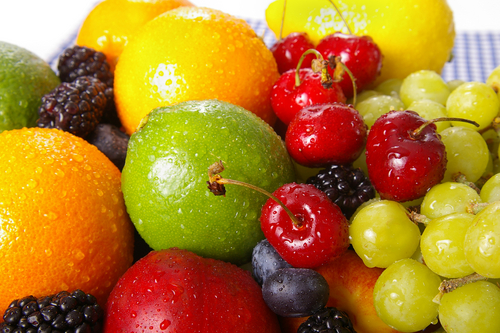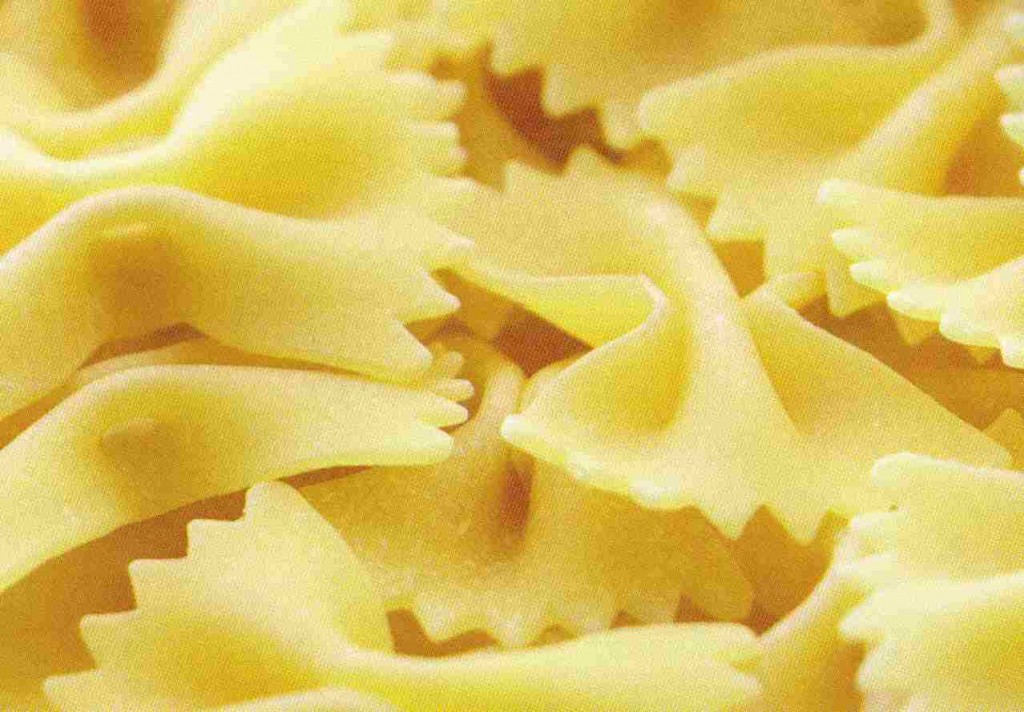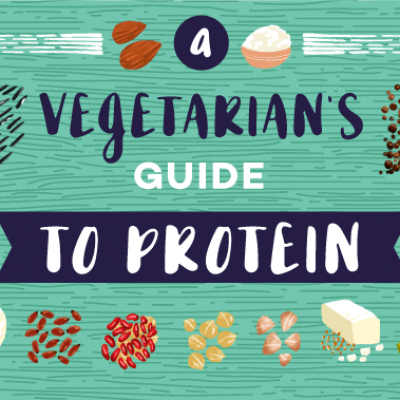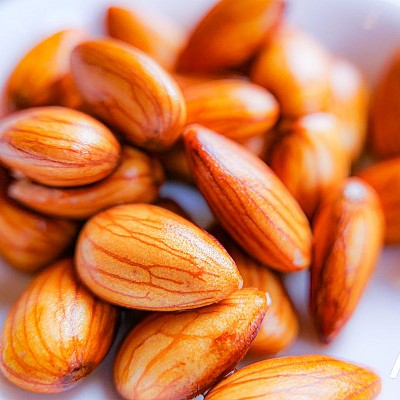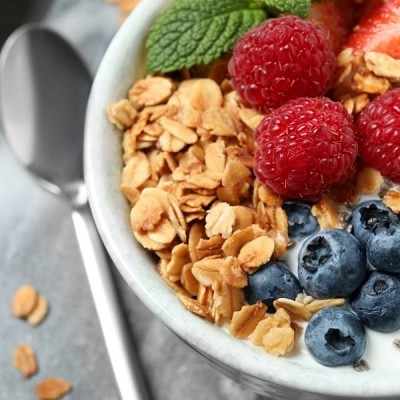#1 Eat fruit alone on an empty stomach:
Fruit doesn’t combine well with other foods. The reason is that fruit contains simple sugars that require no digestion. Thus, they will not stay for a long time in the stomach. Other foods, such as foods rich in fat, protein and starch, will stay in the stomach for a longer period of time because they require more digestion. So if you eat fruit after a meal, the fruit sugar will stay for too long in the stomach and ferment.
It takes a series of acid digestive juices to digest the protein and a series of alkaline digestive juices to digest the starch. If you eat proteins and starches together, they tend to neutralize each other and inhibit digestion. The poorly-digested food travels through the digestive tract reaching the intestines where it putrefies and causes your blood to become acidic. It also provides a welcome environment for disease-causing pathogens!
The Rule - Separate concentrated proteins like meat, fish and eggs, from starches like bread, potatoes and rice.
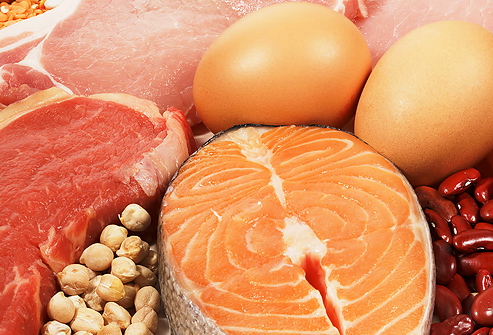
#3 Protein and Protein:
Different proteins require different processes to digest. For example, when meat is consumed, the strongest enzymatic reaction occurs during the first hour, whereas milk or eggs take longer to be digested. Combining similar meats, like lamb and beef, is typically fine, but complex combinations should be avoided.
The Rule - Avoid meals that combine multiple concentrated proteins, such as fish and cheese, meat and milk, or meat and eggs.
#4 Desert the Desserts!
Sweets after a big meal can interrupt the digestion of almost anything else in the stomach, especially so with carbohydrates and proteins. Once a sweet is introduced, digestion all but stops and putrefaction begins.
The Rule – Sweet, starchy desserts, as well a sweet fruits should not be consumed within a few of hours after large meals containing carbohydrates or concentrated proteins.
We know this is is an impossible list of rules to follow at all times, but by being mindful of these food combinations and attempting to eat in accordance with these guidelines, the body’s digestion will naturally improve. At each mealtime, attempting to follow at least one or two of these rules, while choosing healthier food overall, will leave you instantly feeling lighter, more nourished and healthier, while improving your metabolism and addressing chronic illness.
Categories:
News



















